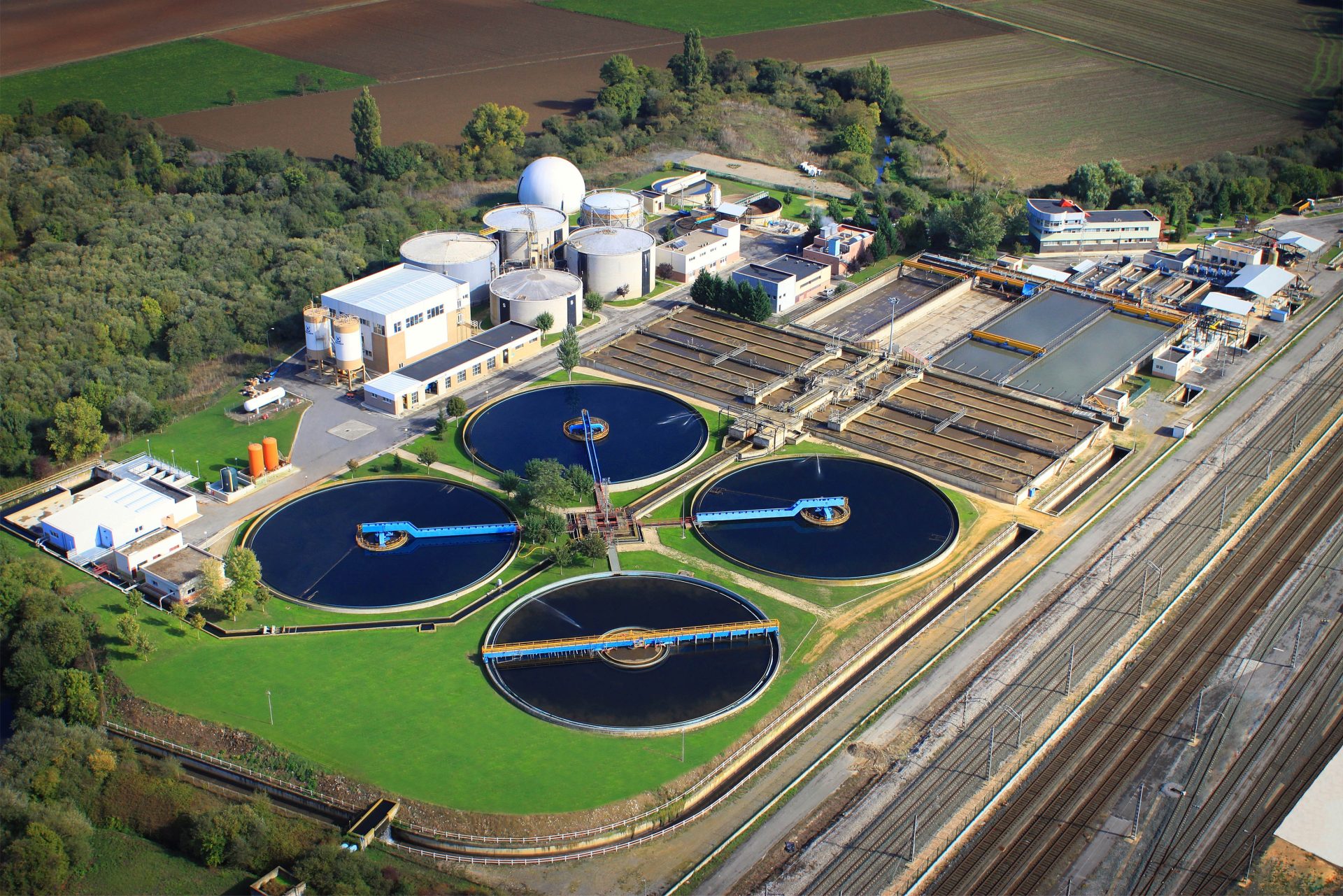“AI incorporated in wastewater treatment plants will lead to savings of 20% in the plant’s overall energy consumption”
TECNALIA is implementing a digital twin at the Crispijana wastewater treatment plant (Alava) to help in intelligent decision-making and facilitate the maintenance of infrastructures
In conjunction with CEFALUX, a company specialising in automation and digitalisation projects, we are developing a new digital twin concept, based on artificial intelligence: transversally integrating all the information available throughout the life cycle and forming an intelligent decision-making support system to optimise the operation and maintenance of the infrastructures to manage the whole water cycle.
This new technology is going to be applied at the Crispijana Wastewater Treatment Plant (Alava), the largest wastewater treatment plant in Alava, managed by Vitoria-Gasteiz City Council through AMVISA (Aguas Municipales de Vitoria-Gasteiz).
The technology consists of optimising the levels of oxygen dissolved by the blowers in the aeration tanks for wastewater treatment during aerobic digestion, which is one of the most energy-intensive stages in wastewater treatment plant processes.
Artificial intelligence and digital twins
The aim is to implement an operator decision-making support system based on advanced artificial intelligence techniques to anticipate and predict optimisation from different aspects, such as energy consumption, reactor availability, effluent quality or affluent intake mass.
This will lead to increased process efficiency, higher energy efficiency, lower costs and greater sustainability by ensuring high effluent quality standards. Quantitatively, this new control system, which will be completed by 2024, is expected to achieve savings of 20% in the plant’s overall energy consumption.
"It is a great opportunity for Basque industry to position itself as a technological leader in a sector requiring advanced digital solutions, such as the water sector, which allow for a more efficient, sustainable and quality exploitation of the entire water cycle", says Roberto Trueba, project manager at TECNALIA, "to this end, digital twins are revolutionising industries as a basis for decision-making, due to their predictive capacity. From the point of view of companies and even society, anticipating what problems may arise is of paramount importance today. In this respect, digital twins along with artificial intelligence, are an essential part of the answer by enabling as realistic simulations as possible. The scenario in which you are moving in can be foreseen, so risks can be minimised and critical situations anticipated.

